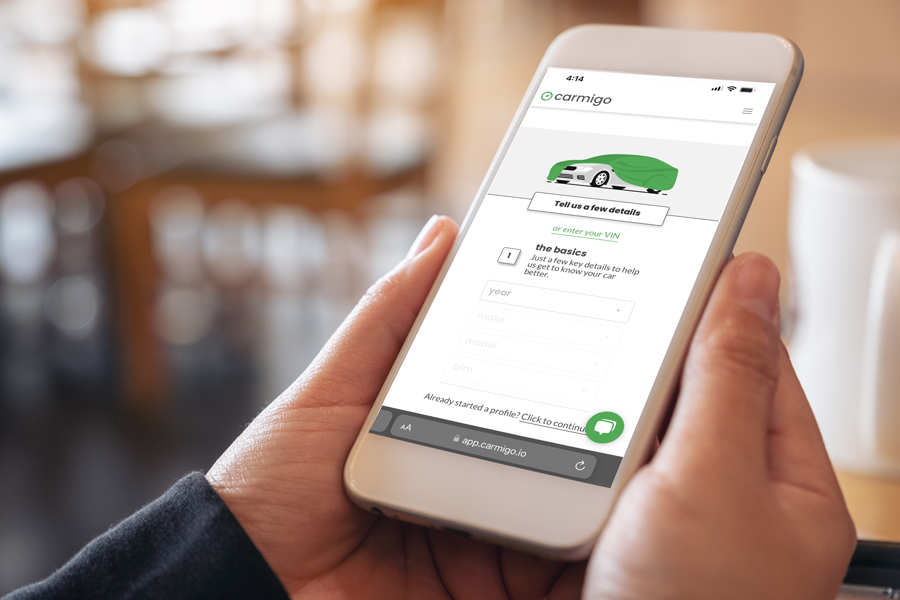Selling a car can be stressful, especially when it comes to navigating legal requirements and paperwork. One of the common questions that arises during this process is whether you can sell a car with expired registration. In this blog post, we’ll delve into the intricacies of selling a vehicle with expired registration, the potential challenges involved, and the steps to undertake for a smooth and lawful transaction.

Before we dive into the details, let’s clarify what expired registration means. When you own a car, it is essential to keep its registration up-to-date with the local Department of Motor Vehicles (DMV) or relevant governing body. Vehicle registration is typically valid for a specific period, after which it needs to be renewed to stay compliant with the law. When a vehicle’s registration has not been renewed by the designated expiration date, it is considered to have expired registration.

The answer to this question depends on the laws and regulations of the specific jurisdiction where you intend to sell the car. In most regions, selling a car with expired registration is possible, but certain requirements must be met to ensure a legal transaction.
Full transparency is vital when selling a car with expired registration. It is your responsibility to inform potential buyers about the vehicle’s registration status. Failing to disclose this information could lead to legal repercussions and potential liability issues in case of accidents or other incidents.
In some regions, a sale agreement for a vehicle with expired registration might be considered void until the registration is renewed. However, this can vary, and some areas may allow the sale to proceed, with the buyer assuming the responsibility for renewing the registration.
In certain cases, a temporary operating permit may be available from the DMV or relevant authority. This permit allows the buyer to legally drive the car with expired registration for a limited period, typically 30 days. During this time, the new owner must complete the necessary registration renewal.
The rules for selling a car with expired registration may differ between private sales and dealership transactions. Dealerships often have a more thorough understanding of the local laws and may be equipped to handle such situations. Nevertheless, private sellers must remain vigilant to ensure a legal transfer of ownership.


1. Verify Registration Expiry Date:
Before listing your car for sale, confirm the exact date when the registration expired. This information will help you understand the urgency of the situation and plan your selling strategy accordingly.
2. Renew the Registration (if possible):
Ideally, you should aim to renew the car’s registration before putting it up for sale. Contact your local DMV or relevant authority to understand the renewal process and any late fees involved. Renewing the registration will increase the car’s value and attract more potential buyers.
3. Assess the Car’s Value:
Take the expired registration status into account when determining the car’s selling price. Understand that buyers may negotiate a lower price due to the additional burden of renewing the registration. Research similar cars in your area to set a competitive and fair price.
4. Disclosure and Transparency:
Honesty is crucial when selling a car with expired registration. Clearly disclose this fact in all advertisements and conversations with potential buyers. Concealing this information could lead to mistrust and legal issues later on.
5. Obtain a Vehicle History Report:
A vehicle history report can provide potential buyers with essential information about the car, including its ownership history, accident records, and registration status. This report can build trust and confidence in buyers and help justify the asking price.
6. Get the Car Inspected:
Consider getting a pre-sale inspection done by a trusted mechanic. An inspection report will highlight any underlying issues and give buyers assurance about the car’s condition despite the expired registration.
7. Temporary Operating Permits (if available):
Check if your local DMV offers temporary operating permits for vehicles with expired registration. If available, inform potential buyers about this option, which allows them to drive the car legally for a limited time while they complete the registration renewal process.
8. Negotiate with Buyers:
Be prepared for negotiations with potential buyers. Some may be willing to handle the registration renewal themselves, while others might request a discount to cover the costs involved. Be flexible but stick to your bottom line.
9. Bill of Sale and Transfer of Ownership:
When you reach an agreement with a buyer, ensure you properly document the sale with a bill of sale. This document should include the vehicle’s details, the sale price, both parties’ information, and a statement acknowledging the expired registration.
10. Release of Liability:
Once the sale is finalized, contact your local DMV to fill out a Release of Liability form. This form notifies the authorities that you are no longer responsible for the vehicle, protecting you from potential liabilities after the sale.
11. Assist with the Registration Process:
Provide the buyer with all necessary documents, such as the car’s title, emissions test certificates (if applicable), and any other required paperwork, to help facilitate the registration renewal.
12. Follow Up:
After the sale, follow up with the buyer to ensure the registration renewal is completed within the designated timeframe (if the buyer has assumed responsibility for it).

At Carmigo, the process to sell a car with expired registration is much easier. As long as the registration is in your name, we can help you sell easily and quickly. All you have to do is give us your vehicle’s basic information and snap a few photos. Then, just sit back, relax, and watch as the offers come in for your vehicle. After your car sells, we handle all the paperwork, transfers, and transportation. We do all the work, so you don’t have to.
